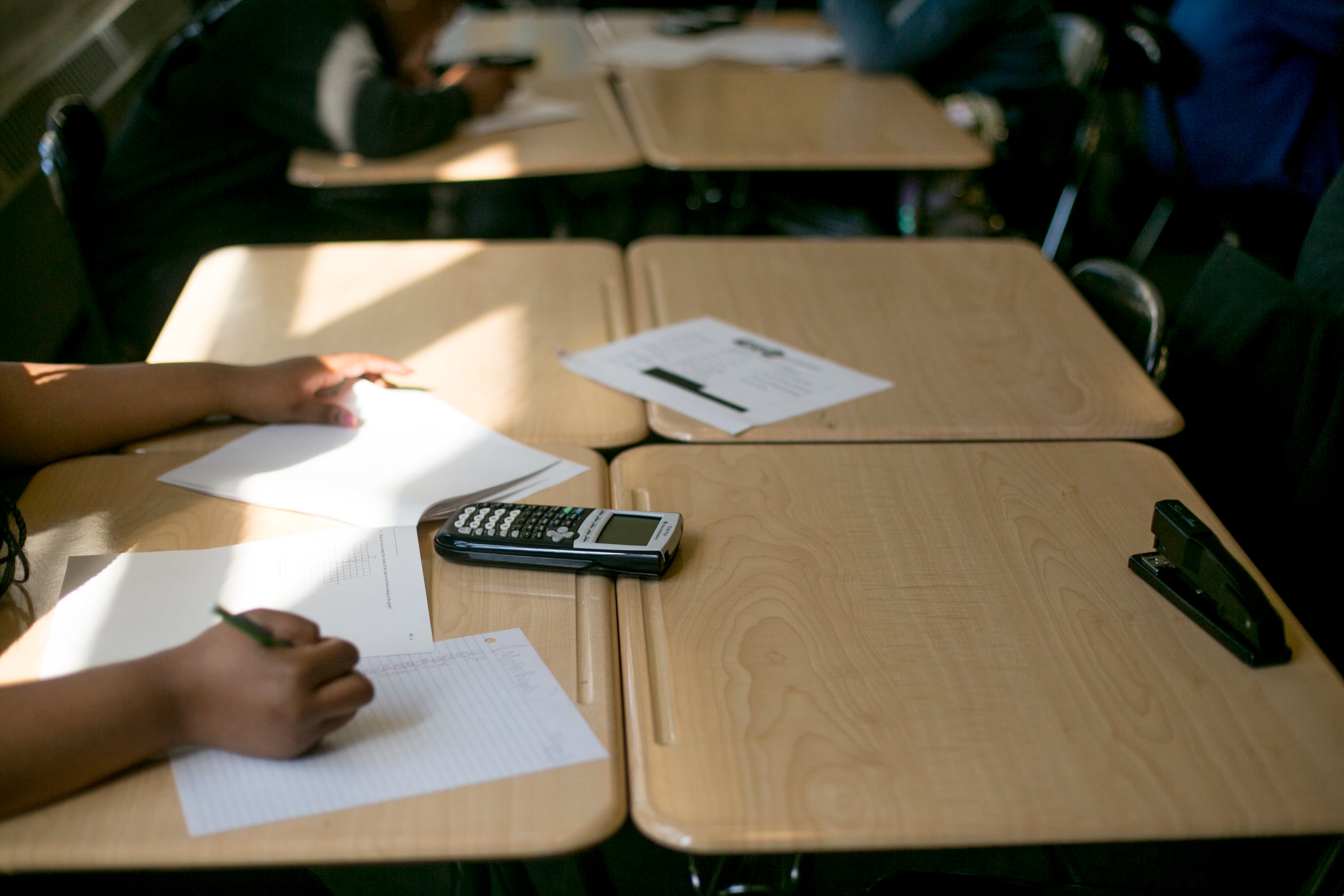Early standardized test results from this spring are in — and they’re showing anticipated dips in English and more significantly in math, according to the Indiana Department of Education.
“Considering the educational disruptions brought on by the pandemic, for many, this was expected and now confirmed,” Indiana education secretary Katie Jenner wrote in an update Friday to educators.
She added: “We know that the pandemic had widespread implications on schools and corporations across our state, and in order to move forward, we’ll need to narrow our focus to the individual student level.”
Jenner did not say specifically how much scores had declined.
This spring’s ILEARN results for grades 3-8 will be finalized and published in July.
Because of state action earlier this year and federal waivers approved this week, however, poor results won’t affect accountability measurements such as school A-F grades, teacher evaluations, or identifying low-performing schools for intervention.
While other states unsuccessfully sought to skip testing altogether this year, Indiana officials wanted to gauge student progress during the pandemic. Jenner encouraged schools to use the information to plan how they can best support learning, emphasizing that it will likely take several years to recover from the pandemic’s effects.
The academic declines mirror what districts such as Indianapolis Public Schools have seen in informal assessments throughout the year.
Despite some concerns over administering the tests, Indiana saw 97% participation rates on both the English and math sections of ILEARN, Jenner said. The state had sought a federal waiver in case participation rates dropped below the required 95%.






